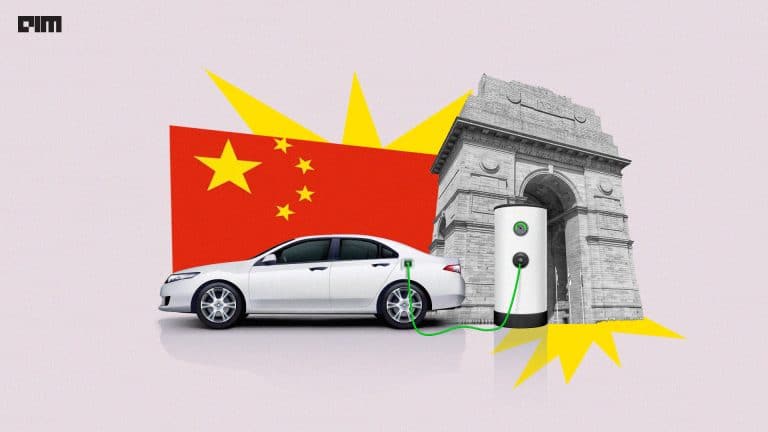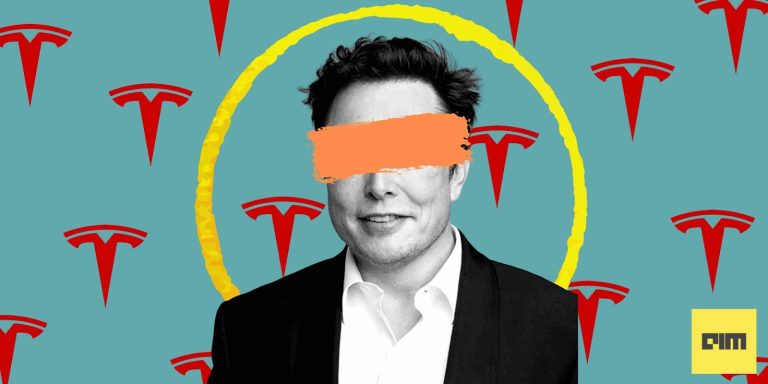“Self-driving cars are the natural extension of active safety and obviously something we should do” – Elon Musk.
Musk might be the forerunner of the autonomous vehicle industry of our times. However, earlier this month, the US Government’s National Highway Traffic Safety Administration investigated Tesla’s Autopilot after it was identified, causing at least 11 crashes since 2018. The investigation studied 7,65,000 vehicles — almost all that Tesla sold in the US since 2014. The National Highway Traffic Safety Administration studied that of all the crashes identified, 11 were Teslas on Autopilot or Traffic Aware Cruise Control.
Despite the backlash, CEO Elon Musk said that an autonomous vehicle engaging in autopilot has a 10 times lower chance of accident than an average vehicle.
Tesla with Autopilot engaged now approaching 10 times lower chance of accident than average vehicle https://t.co/6lGy52wVhC
— Elon Musk (@elonmusk) April 17, 2021
While this may seem like another statistic conjured up from thin air, research funded by North Carolina State University suggests otherwise. It states that the benefits associated with autonomous vehicles substantially surpass their harm.
Multi-criteria Decision Analysis
Deploying autonomous vehicles into public roads is more complex than just the aspects of engineering and technology. Thus, studying the potential harm and benefits of the deployment of autonomous vehicles involves developing an approach to studying the varied aspects.
“One approach is to break the large problem down into a collection of more specific questions, assessing different risks and potential benefits separately,” said Velijko Dubljevic, author of the study and an Associate Professor in the Science, Technology and Society (STS) programme at North Carolina State University.
To make sure that the assessment was reliable, researchers adopted the multi-criteria decision analysis. They obtained opinions from 19 disciplinary experts to assess the significance of 13 potential harms and eight potential benefits that might arise from four schemes of autonomous vehicles deployment:
- The status quo, where no autonomous vehicles were allowed to be deployed on public roads.
- Unfettered assimilation, where autonomous vehicles are allowed but with no regulatory control. Additionally, commercial entities would push the development and deployment of autonomous vehicles.
- Regulated control would be introduced; either private or commercial fleet operators would be able to own autonomous vehicles.
- Only commercial fleet operators can own autonomous vehicles, and regulatory controls would be applicable.
The 13 harms and eight benefits included:
Source: Research Article ‘Toward a rational and ethical sociotechnical system of autonomous vehicles: a novel application of multi-criteria decision analysis”
The Result
To evaluate the potential impact of autonomous vehicles deployment, the current state of affairs (deaths and injuries on the US roads) was considered the baseline. According to the results of the study, scenarios where both private and commercial fleet operators would be allowed to own autonomous vehicles with regulated control, and commercial fleet operators would be able to own autonomous vehicles with regulatory controls; show would cause less harm than a status quo, or unfettered options.
Source: Research Article ‘Toward a rational and ethical sociotechnical system of autonomous vehicles: a novel application of multi-criteria decision analysis”
“While autonomous vehicles are not perfect, all of our predictions suggest that they will be a step in the right direction. Prohibiting the use of autonomous vehicles on US roads was the least promising scenario,” said co-author of the study, George List.
Source: Research Article ‘Toward a rational and ethical sociotechnical system of autonomous vehicles: a novel application of multi-criteria decision analysis”
The researchers also highlighted that certain government regulations could help reduce the risks associated with autonomous vehicles. For instance, regulations limiting the use of self-driving cars in urban areas or during high pedestrian traffic could prove to be beneficial. Similarly, regulating the use of autonomous vehicles and limiting their ownership for commercial fleet operators would be a safer and viable alternative than allowing individuals to own and operate these cars.
Summing up
The successful implementation of autonomous vehicles is not just limited to the issues of engineering. One has to consider the social, political, and ethical consequences as well. This includes understanding the implications of the artificial intelligence systems, capabilities of computers and engineers, human’s behaviour in the presence of autonomous vehicles, and the socio-economic effects.
Musk once said, “When Henry Ford made cheap, reliable cars, people said ‘Nah, what’s wrong with the horse?’ That was a huge bet he made, and it worked.” This report makes us wonder if Musk’s predictions might be closer to reality, if not entirely true.


















































































